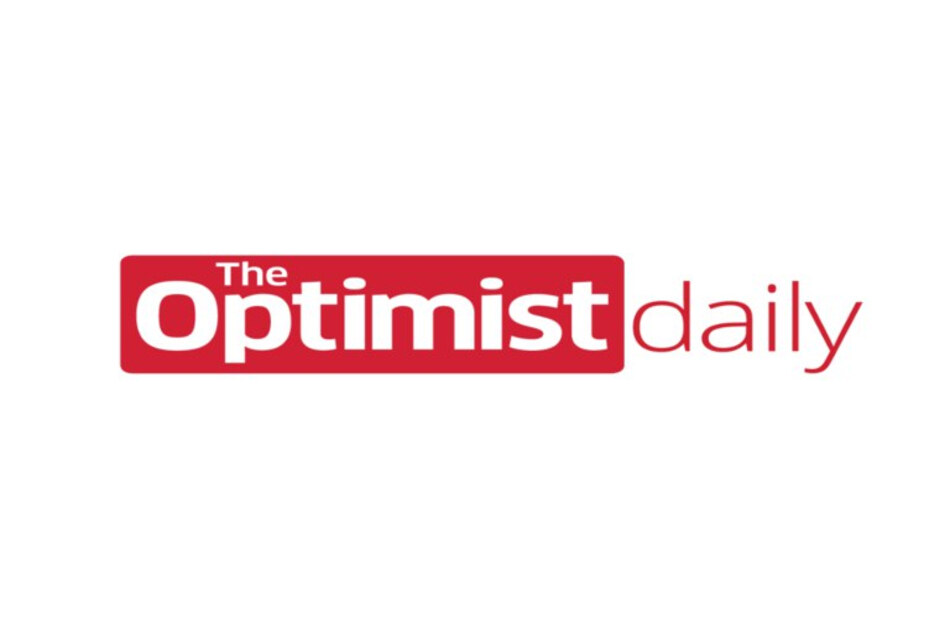Food waste is a particularly infuriating problem because so much is wasted. According to nonprofit FoodPrint, almost 40 percent of all food in America, much of it still edible, is chucked out. All while at least a tenth of the world’s population (around 800 million people) are struggling with starvation, undernourishment, and food insecurity.
However, the Italian city of Milan has come up with a way to confront both sides of this problematic coin with a solution that can and should be replicated in other cities around the world.
Back in 2015, Milan became one of the first major cities to adopt a citywide food waste policy that worked in tandem with government agencies, food banks, universities, NGOs, and private businesses. The overarching goal was for the city to half its food waste by 2030 by finding ways to redistribute surplus food.
In 2019, the city began introducing food waste “hubs” throughout the city, which are places that look like regular supermarkets, but with some notable distinctions.
Firstly, the food on the hubs’ shelves is not to be purchased for profit but are donations by local businesses and supermarkets who have collected their surplus food to give away. If there aren’t enough donations, then the food waste hubs supplement their stock with purchase food aid.
Secondly, the customers who shop at the hubs are comprised of Milanese families in need. Instead of paying in cash, these families pay with a prepaid card provided to them by the program. On top of helping underprivileged families with much-needed food, the hubs also offer social services like legal aid, counseling, and childcare support.
So far, the existing three hubs in Milan save around 130 metric tons of food from being wasted per year (about 30 percent of Milan’s would-be food waste), which equates to around 260,000 meals. “Each city around the world could apply this model,” says Andrea Segrè, a professor of agricultural policy at the University of Bologna. “You need some competence, some knowledge, and willing actors. But you can copy it easily.”
Milan’s food waste hub program also earned the city the first Earthshot Prize, an initiative founded by Britain’s Prince William to support environmental innovations. The city is looking forward to opening two more hubs in other neighborhoods in the coming months and hopes that the idea will spread around the globe.
We also wrote about a similar initiative in New Zealand that reconceptualizes the traditional food bank that you can check out here.











